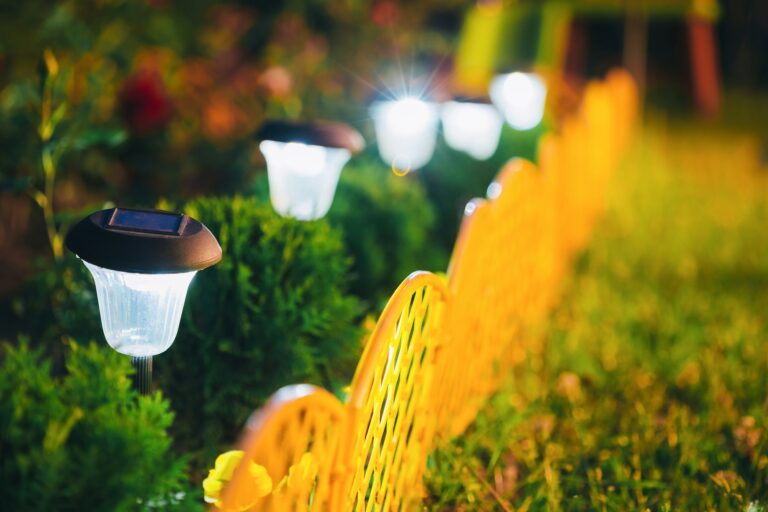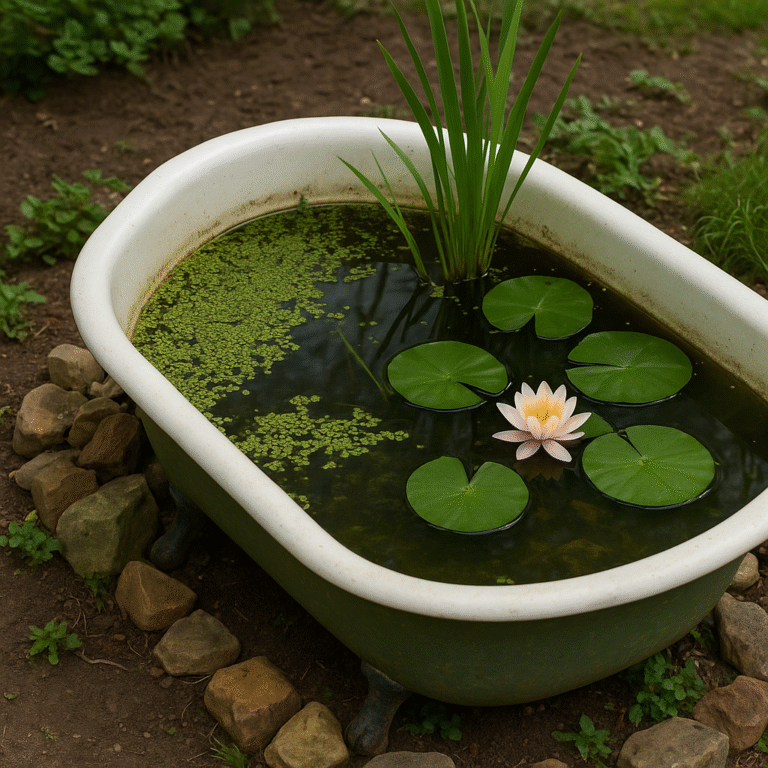The Best Plants for a Zen Garden: Creating Tranquility with Nature
A Zen garden, rooted in centuries-old Japanese tradition, is designed to promote peace, serenity, and mindfulness. Whether you’re seeking a space for meditation or simply a quiet retreat in your home, selecting the right plants for a Zen garden is crucial. These plants play a significant role in setting the mood, promoting relaxation, and bringing nature’s beauty into your personal space. In this blog post, we’ll explore some of the best Zen garden plants that will help you create a calming, nature-filled oasis.
The Philosophy Behind a Zen Garden
Before diving into plant selection, it’s important to understand the purpose of a Zen garden. Traditional Zen gardens, or “karesansui,” often emphasize simplicity, balance, and harmony. These gardens typically feature sand, rocks, and carefully chosen plants that mimic the natural world. By designing a Zen garden with thoughtfulness, you’re creating an environment that encourages reflection and mindfulness.
Selecting Plants for a Zen Garden
Not all plants are suitable for Zen gardens. The key to selecting plants for a Zen garden is to focus on minimalism and tranquility. Ideally, you want plants that require low maintenance, are visually calming, and align with the peaceful essence of Zen design. Below are some popular Zen garden plants that meet these criteria:
1. Bamboo
Bamboo is often the star of many Zen gardens. Known for its graceful appearance and fast growth, bamboo symbolizes resilience and flexibility. Its tall, slender stalks create natural boundaries or focal points in the garden, adding height and texture to the overall design.
Pro Tip: Choose clumping varieties of bamboo to avoid invasive growth.
2. Japanese Maple (Acer palmatum)
Few plants embody elegance like the Japanese maple. With its delicate, lacy leaves and stunning seasonal colors, this tree is perfect for bringing a touch of tranquility to your Zen garden. In autumn, the vibrant red and orange hues add a dynamic yet peaceful contrast to the more subdued greens of the garden.
Pro Tip: Look for dwarf varieties if you have a smaller space.
3. Moss
Moss is a must-have for any Zen garden. Its lush, green appearance creates a soft, velvety carpet that thrives in shady, moist areas. Moss embodies stillness and patience—qualities central to Zen philosophy.
Pro Tip: Moss is particularly useful for filling in spaces between rocks or lining pathways in your Zen garden.
4. Fern
Ferns are low-maintenance plants that offer a serene, delicate look. Their feathery, arching fronds bring a touch of nature’s tranquility to the garden, thriving in areas with indirect sunlight. They also complement the minimalistic design that is central to Zen gardens.
Pro Tip: The Japanese painted fern adds a unique silvery color, perfect for subtle contrast.
5. Hosta
Hostas are known for their large, striking leaves that come in shades of green, blue, and even white. They work well in shaded areas and bring texture and depth to your Zen garden. Hostas’ broad leaves also add a sense of calm and balance to the overall design.
Pro Tip: Pair hostas with other low-lying plants to create layers in your garden design.
6. Azalea
Azaleas are a common sight in traditional Japanese Zen gardens. Their vibrant flowers provide a pop of color, adding beauty without overwhelming the calm atmosphere. These shrubs bloom in the spring, creating a visual focal point during certain seasons.
Pro Tip: Choose evergreen varieties to maintain greenery year-round.
7. Juniper
Juniper’s hardy nature and evergreen foliage make it a popular choice for Zen gardens. It can be shaped into small shrubs, ground cover, or even trained as bonsai. Its year-round greenery ensures that your Zen garden remains vibrant, even in winter.
Pro Tip: Juniper can also be used as a natural divider, guiding the eye to different areas of the garden.
How to Arrange Your Zen Garden Plants
When arranging your Zen garden plants, keep in mind that the design should evoke simplicity and balance. Instead of filling every inch with greenery, leave open spaces that allow your eyes to rest and reflect. Rocks, sand, and water features often complement the chosen plants, bringing the elements of nature into harmony. Strive for asymmetry, which reflects the organic flow of nature and Zen philosophy.
Maintenance Tips for a Zen Garden
While many plants for a Zen garden are relatively low-maintenance, keeping your garden tidy is essential for maintaining its serene atmosphere. Here are a few tips:
- Prune regularly: Keep plants like bamboo and juniper in check to prevent overgrowth.
- Weed often: A clean, uncluttered garden reflects the simplicity and mindfulness of Zen.
- Water wisely: Some plants, like moss and ferns, prefer moist conditions, while others, like juniper, thrive in drier environments. Tailor your watering habits to the needs of each plant.
- Rake the sand: If your Zen garden includes sand or gravel, rake it regularly into smooth, flowing patterns to evoke the peaceful ripples of water.
Conclusion
Choosing the right plants for a Zen garden is about more than aesthetics—it’s about creating an atmosphere of peace, reflection, and balance. Whether you prefer the towering grace of bamboo, the soft tranquility of moss, or the vivid hues of azaleas, each plant contributes to the serene environment you’re striving for. By carefully selecting and arranging your Zen garden plants, you can transform your space into a calming retreat that fosters mindfulness and relaxation.
Start planning your Zen garden today, and let the beauty of nature help you find tranquility in your daily life.




